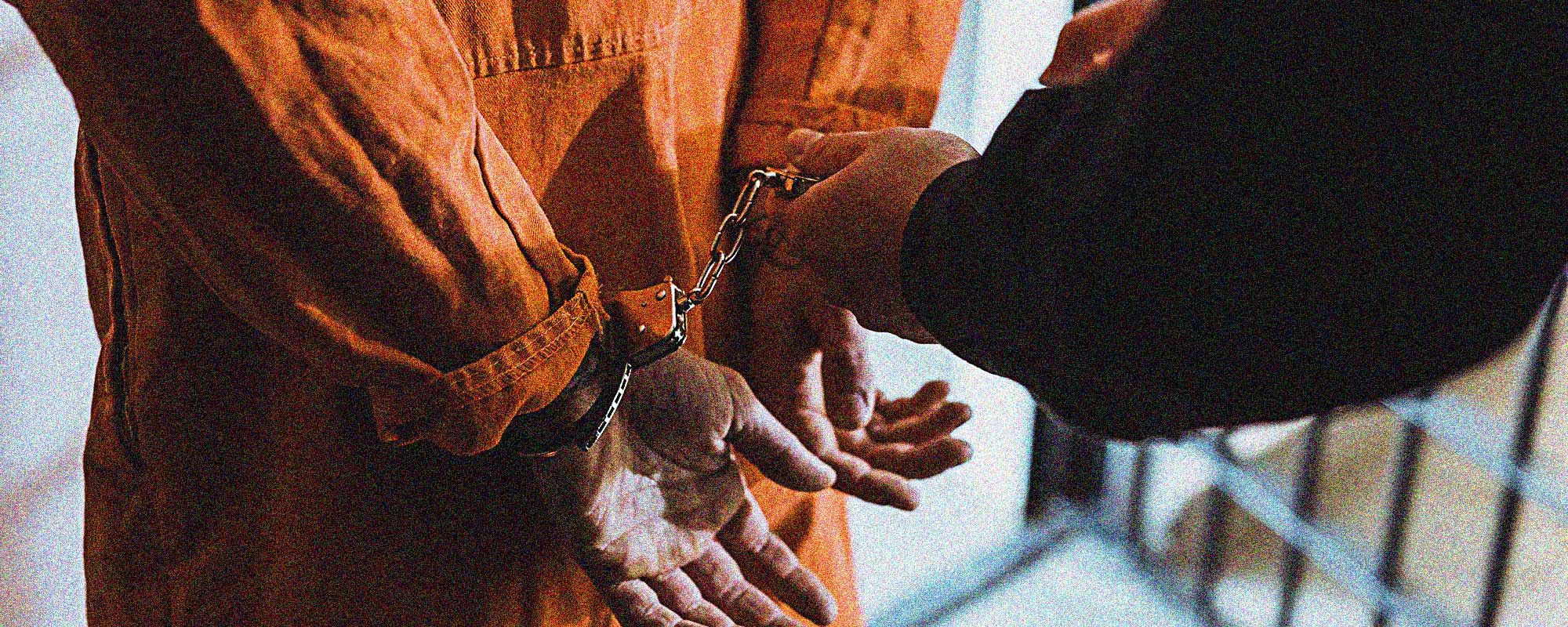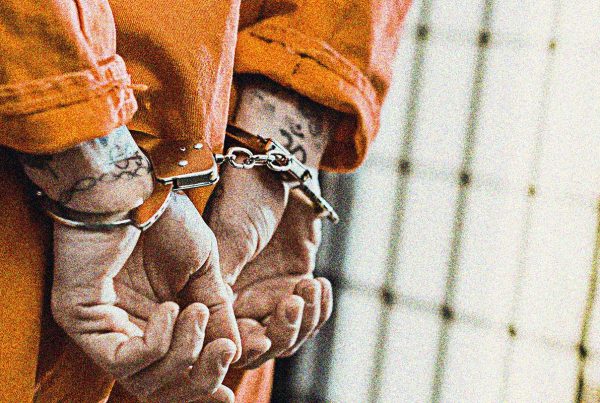The Supreme Court of Canada rendered its judgment in Dorsey v. Canada (Attorney General), 2025 SCC 38 today. The CCLA was an intervenor in the case. This appeal concerned the scope of habeas corpus, often referred to as the great writ of liberty. Habeas is a way for a person deprived of their liberty by the state to challenge the legality of that deprivation and seek a remedy for it.
In this case, the issue was whether in the prison context, “a decision to continue a particular, more restrictive form of confinement instead of placing an inmate in a lower security facility results in a deprivation of liberty”, which would mean a person could challenge that decision under habeas (para. 6). Reflecting the CCLA’s submissions, the Court ruled that such a decision would be a deprivation of liberty and challengeable under habeas. The Court also affirmed that because “habeus corpus safeguards against wrongful restraints on liberty, the jurisprudence has remained resolute in upholding the broad and accessible character of the writ” (para. 34).
You can read the Court’s judgment here and the CCLA’s factum here. We are grateful for the excellent pro bono representation of Dan Goudge and Nader Hasan of Stockwoods LLP in this case.
About the Canadian Civil Liberties Association
The CCLA is an independent, non-profit organization with supporters from across the country. Founded in 1964, the CCLA is a national human rights organization committed to defending the rights, dignity, safety, and freedoms of all people in Canada.
For the Media
For further comments, please contact us at media@ccla.org.





